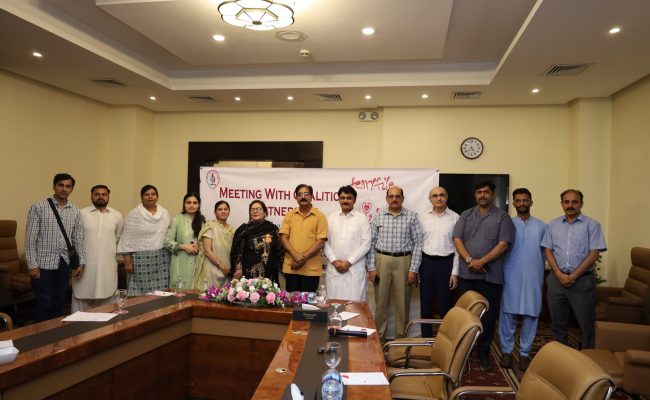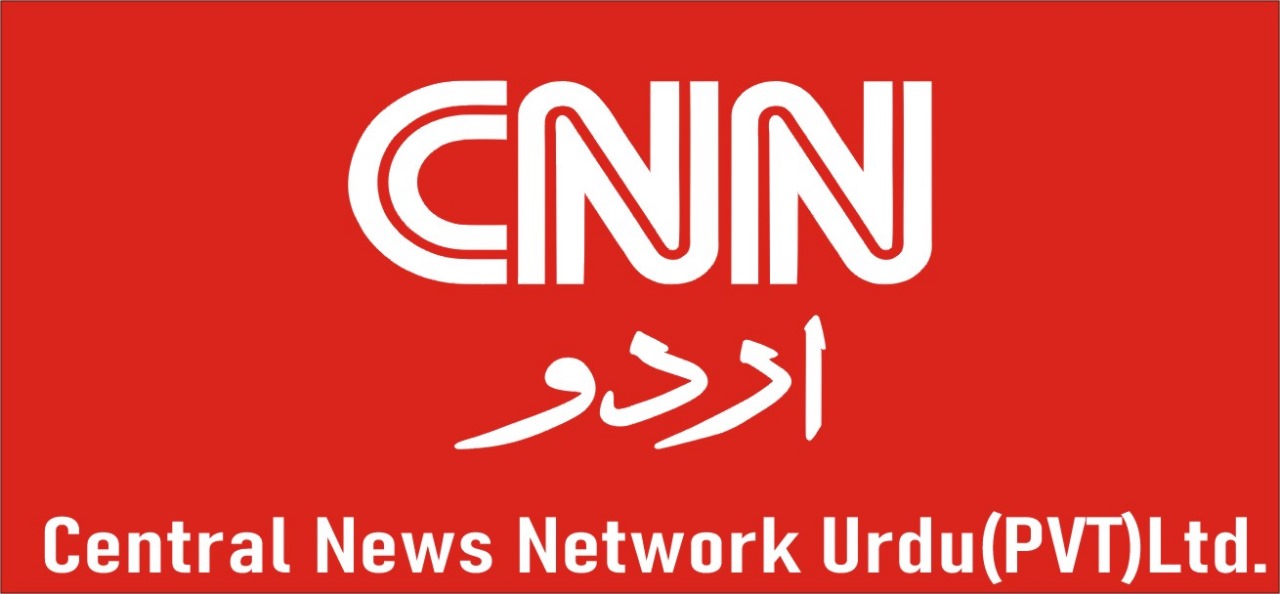By The World Ambassador
TWA
______
In a joint session at Islamabad, the leading medical associations and civil society organizations of Pakistan called upon IMF, Ministry of Finance, FBR, Cabinet members, and other policy makers to protect public health not junk foods. These organizations appreciated the proposal submitted by the Ministry of National Health Services, Regulation and Coordination to increase Federal Excise Duty (FED) on all type of sugary drinks from exiting 20% to 40 % and enacting 20% FED on all solid categories of ultra-processed foods (UPPs) during the finance bill 2025-26 to protect public health.
They also strongly condemn recent misinformation campaigns by vested industry groups to escape taxes on sugary drinks, juices, and ultra-processed products.
“Pakistan is grappling with a severe crisis of diet related non-communicable diseases, with millions suffering from diabetes, obesity, heart disease, kidney ailments, and certain types of cancers.
The consumption of sugary drinks, juices, and ultra-processed foods (junk foods) are among the major contributing factor to this national public health emergency” said speakers and panelists. The emphasized that any delay in policymaking comes with a huge cost, including the loss of thousands of human lives, billions in hospital expenditures, and productivity losses due to chronic diseases caused by the consumption of these products.
“Contrary to industry claims, the growing market of ultra-processed foods—worth nearly USD 5.7 in 2020 and expected to reach USD 6.9 billion by 2025—reflects an urgent need for policy intervention, to curtail growing consumption. With UPP sales growing 10% annually and fast food expanding at 15% per year, the scale and reach of processed food in Pakistan cannot be ignored” said Sana Ullah Ghumman, General Secretary, Pakistan National Heart Association.
Ghumman stated that statistics indicate the fruit juice industry utilizes only a fraction of Pakistan’s total fruit output for pulp making, with some estimates suggesting less than 2%. He dismissed claims that reduced pulp purchases by the juice industry would push fruit farmers into poverty, arguing that the beverage industry converts healthy fruits into unhealthy products like juices and nectars. Ghumman emphasized that the industry promotes these products through misleading claims to protect profits, and research shows that these juices contain high amounts of sugar comparable to other sugary drinks. He also questioned the industry’s export claims, noting that Pakistan already has low prices and taxes on juices compared to potential export markets, and suggesting that the industry’s claims about higher taxes are exaggerated to seek sympathy. Citing research, Ghumman added that taxes on sugary drinks, juices, and packed junk foods have no net negative impact on the economy or job losses in countries that have implemented them.
Successful examples from Mexico, Chile, Peru, South Africa, and the UK demonstrate that such fiscal measures lead to decreased consumption of unhealthy foods, improved consumption of healthy foods, lower chronic disease risk factors, and improved long-term health outcomes. Given Pakistan’s dangerously high salt, sugar, and fat intake, adopting a similar approach could yield significant health and economic benefits.
“The annual cost of managing diabetes in Pakistan has surged to over $2.6 billion, as of 2021. Notably, this amount is double what Pakistan is seeking from the IMF annually for its new program. Research highlights that 30% of the risk of diabetes is attributed to increased consumption of sugary drinks and juices.” said Ghulam Abbas.
These concerns were highlighted in a joint session organized by the Pakistan National Heart Association (PANAH) in collaboration with Heartfile, Pakistan Youth Change Advocates, Center for Peace and Development Initiatives, Diabetic Association of Pakistan, Pakistan Nutrition & Dietetic Society, Pakistan Kidney Patients Welfare Association, Pakistan Medical Association, and Pakistan Academy of Family Physicians, journalists, youth leaders, health professionals, and other civil society organizations.
The speakers and panelist urged policymakers to prioritizing the public health and reinvesting the collected revenue to enhance allocations for public health, increased food and nutrition security through subsidizing healthy diet like fruits, vegetables, lentils, and other minimally processed foods through social protection programs to marginalized groups.


